What taxes will change in 2026? - Interventions in VAT and excise duties, sectors affected
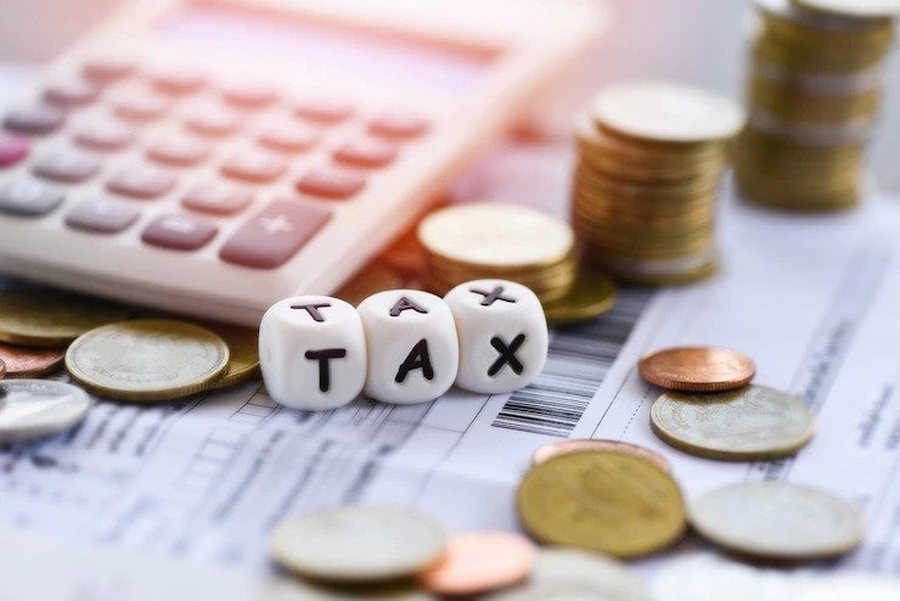
The government is expected to make a series of fiscal changes that will come into effect in 2026. Currently, the Ministry of Finance is concluding the process of drafting the 2026 budget and fiscal package and receiving opinions or requests from line ministries, to then move on to the phase of discussions in parliamentary committees.
But what will be the taxes that are expected to change?
Although there is still no final draft of the fiscal package, in the medium-term revenue strategy 2024-2027, the government determined that a detailed analysis of the entire fiscal system would be conducted and would move towards removing the exemptions made so far for several sectors.
Specifically, the strategy emphasized the analysis of the review of VAT tax policies, which included: the analysis of VAT exemptions on imports and domestically, the analysis of supplies with reduced VAT rates, as well as the analysis of the VAT registration threshold, which was expected to be completed in June 2025.
Specifically, the analysis aimed to remove unnecessary exemptions. "In the conditions where the VAT refund scheme from 2020 onwards operates within the frameworks and deadlines set out in the legislation on refunds, some import exemptions, which were granted 10 or 15 years ago, due to problems and delays in VAT refunds for large investors, have no objective reason to continue," the strategy states.
Also, Article 49 of the VAT law provides a list of supplies that are treated with a reduced VAT rate of 6%, such as: tourism, advertising services in audiovisual media, books, etc. and a reduced rate of 10% for agricultural inputs. This list will also be reviewed according to the same principles mentioned above.
The Ministry of Finance has been supported by the International Monetary Fund to conduct this assessment. Part of this technical assistance from the IMF has been to conduct a cost-benefit analysis for two or three types of exemptions/reduced rates.
Thus, changes to the VAT law and the removal of exemptions for some sectors are expected to be part of the 2026 fiscal package.
Also, part of the strategy was to conduct an analysis regarding excise duty levels and EU minimum levels, which will bring about a change in fiscal policy in this regard.
The government anticipates that through interventions, the reduction of the amount of alcoholic beverages not subject to excise duty used for personal consumption will be achieved.
The amount of alcoholic beverages subject to excise duty that are treated as self-consumption by producers and are not subject to excise duty will be reviewed, mainly for "rakina" and locally produced wine. It is envisaged to unify the excise duty level for categories of goods that still have differentiated excise duties.
As well as the elimination of exemptions and refunds from excise duties in some industries and their replacement with direct subsidies.
Meanwhile, the 2022-2026 excise tax increase calendar for tobacco is in effect during 2026, which will be reflected in the increase in package prices.
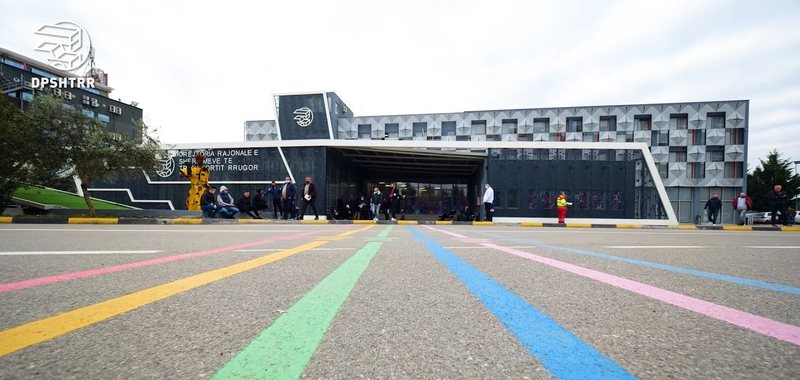
"1.4 million liters of fuel were saved for Albanians" - Balluku: DPSHTRR offers 9 times more services
The services provided to citizens by the General Directorate of Road Transport Services have improved significantly from 2018 onwards, offering more access,......

Apple "captures" the value of 4 trillion USD - Company shares reach record level after the success of iPhone 17
Apple shares hit record highs, trading above $269 a share and pushing the company's market capitalization to $4 trillion. This followed......

State Police announces: Beware of fake email addresses!
The State Police announces that recently, several cases have been identified of unidentified citizens who have created a fake email address, with the......
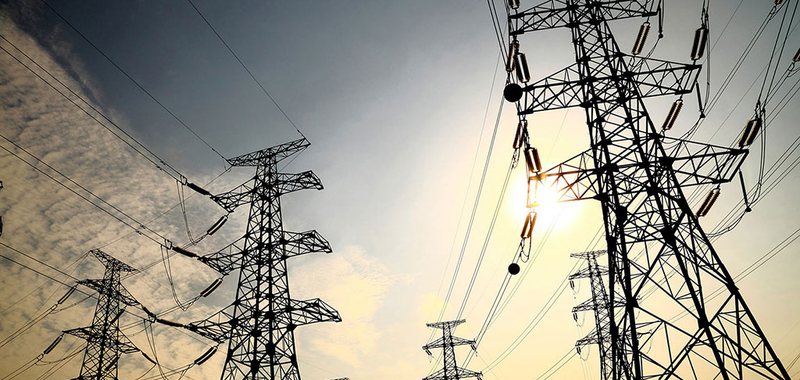
Modernization of the electricity network in Kukës - Investment of 98.6 million lekë for quality energy
The Regional Directorate of the Kukës Public Distribution System (OSSH) has announced the opening of the competition for the reconstruction of the low......
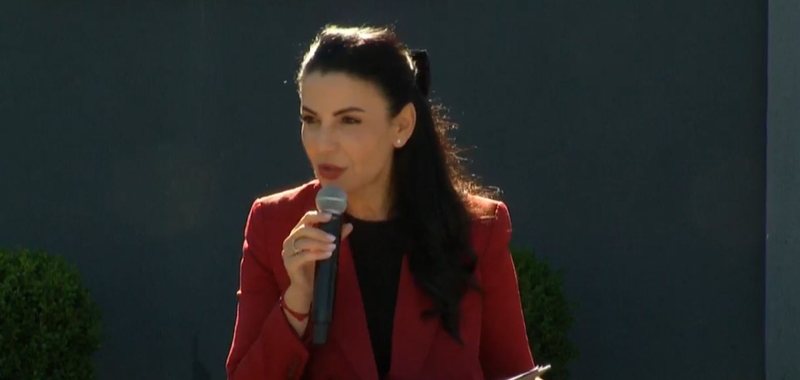
Deputy Prime Minister Belinda Balluku introduces the new director of DPSHTRR
Deputy Prime Minister, Minister of Infrastructure and Energy, Belinda Balluku, has introduced the new director of the General Directorate of Road Transport......

First in the region for part-time employment/ Retirees, also a strong part of the market
Part-time work has become an increasingly attractive option for many Albanians. For those who have other commitments, studies or simply seek an additional......
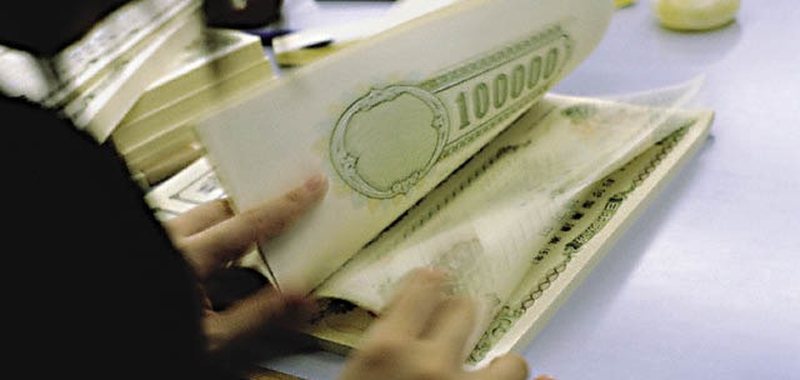
Are Albanians "moving away" from government bonds? - AMF: Interest to invest in the primary market drops by 25% during 2025
Albanians are moving away from investing in government bonds. In 2025, individuals have shown lower interest in purchasing bonds, whether through the Bank of......

Greeks, "distancing" from technology - Around 70% of citizens do not use "AI" at work
Although the majority of Greek citizens, around eight in ten, have heard of artificial intelligence and its applications, more than three in ten declare that......


















